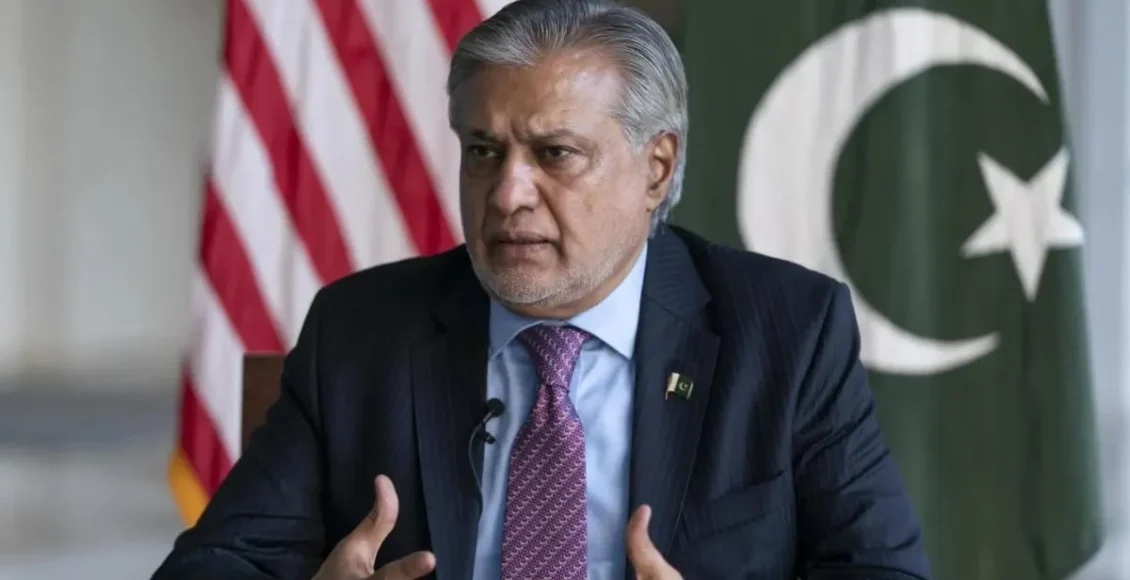Deputy Prime Minister and Foreign Minister Ishaq Dar made it clear on Friday that Pakistan’s strong ties with the United States do not equate to blind endorsement of its foreign policy—especially when those policies lead to unjust outcomes.
Addressing reporters in Islamabad, Dar offered a candid assessment of the current geopolitical situation, particularly in light of the US bombing of Iranian nuclear facilities, which has triggered a 12-day-long conflict between Iran and Israel.
“We maintain a strategic relationship with the US,” Dar said, “but that does not mean we will support military aggression or unjust decisions.”
He was speaking following the Organisation of Islamic Cooperation (OIC) foreign ministers’ meeting, where Pakistan played a key role in pushing for a special session on Iran—an initiative that received wide approval from other member states.
Dar revealed that Islamabad had been in regular contact with Tehran throughout the crisis. He said Prime Minister Shehbaz Sharif had personally reached out to Iranian leadership, and that Iran had appreciated Pakistan’s diplomatic efforts both at the United Nations Security Council and within its own parliament.
He further detailed a crucial meeting in Istanbul involving Pakistan’s Chief of Army Staff Field Marshal Asim Munir, Turkish President Recep Tayyip Erdoğan, Foreign Minister Mevlüt Çavuşoğlu, and other Turkish officials. The meeting focused on the aftermath of the US strike and potential regional consequences.
According to Dar, Iranian officials told Pakistan that while Iran is not pursuing nuclear weapons, it could not ignore the US attack. In response, Iran reportedly launched a retaliatory strike on a US military base in Qatar.
Throughout his briefing, Dar emphasized that Pakistan seeks a peaceful resolution to the crisis and has been working to ensure a lasting ceasefire.
He concluded by underscoring Pakistan’s core diplomatic stance: a commitment to justice, peace, and neutrality—regardless of alliances.



